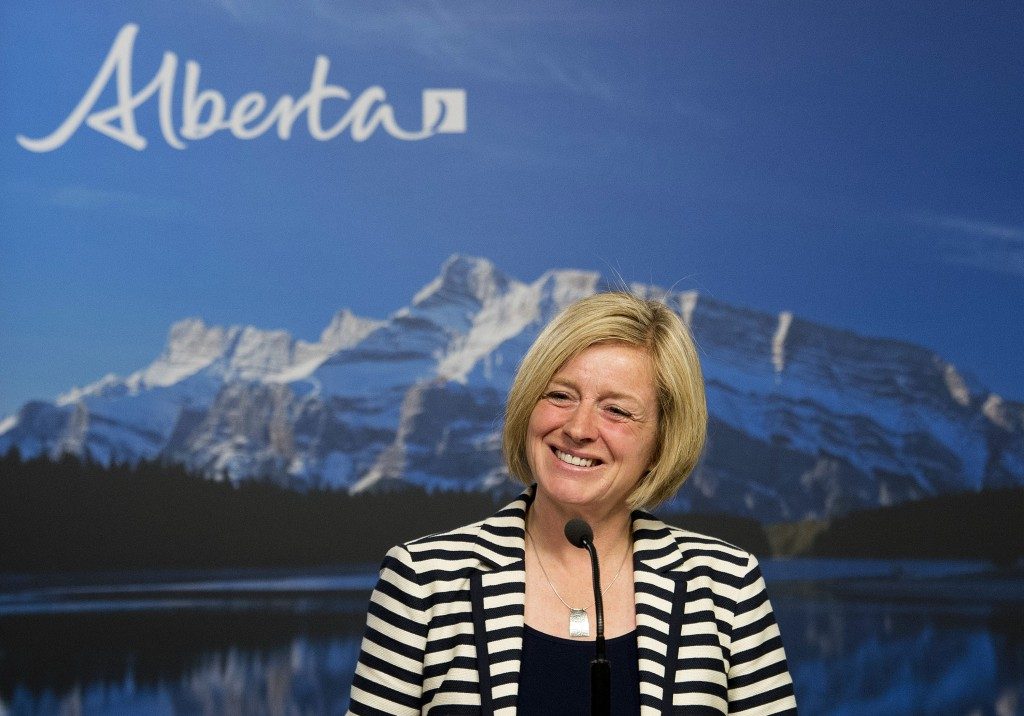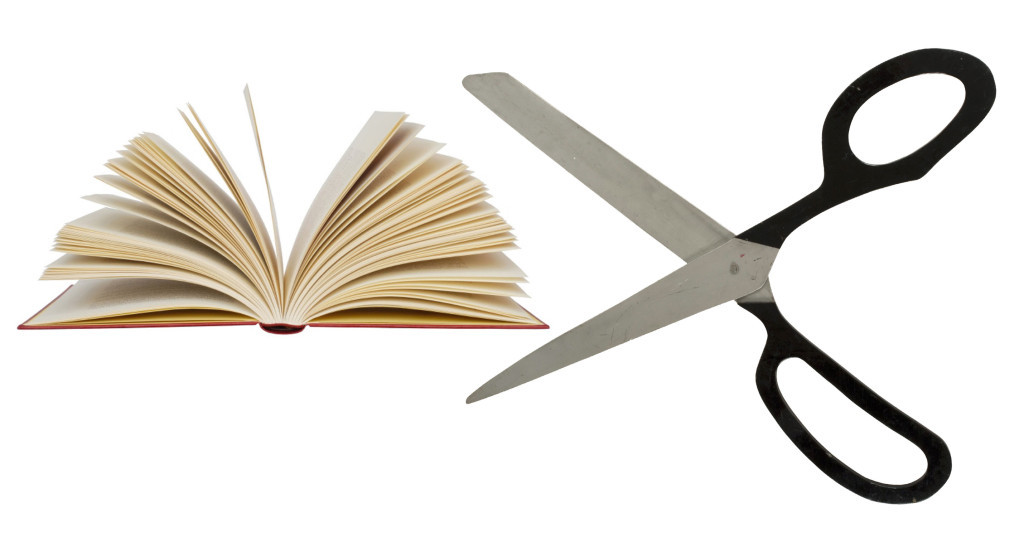
The Fight for 15 in both of Canada’s western provinces
By Jamal Al-Bayaa, Staff Writer
The Alberta NDP is on its way to achieving their goal of a $15 minimum wage. The decision comes amidst times of crisis in the province, with the Albertan economy devastated by a crash in the oil and gas industries. Employment is at a record low. This month, Alberta’s unemployment rate is at 8.4 per cent—up from 6.1 per cent last year—making it the highest it’s been in 30 years.
One reason the minimum wage increases taking place in Alberta have been controversial is the possibility of further unemployment.
During a period of explosive job growth in Seattle, the city implemented a minimum wage hike of 10 per cent and still grew between the day of implementation and today. However, according to the report on the policy, minimum wage increases were responsible for a one per cent reduction in employment growth. If Seattle was in economic standstill—or deficit, like Alberta—then that one per cent drop would have been a one per cent increase in unemployment.
Long term invalidity as an economic strategy is the second controversy surrounding Alberta’s minimum wage hike. Products are priced at the rate that people are willing or able to pay, rather than desired or past prices. Changing income levels simply doesn’t guarantee that product price won’t increase in response. The $15 wage is largely based on the morality of poverty, and yet many argue it does a poor job of making various social services more accessible to the low wage worker, on top of doing nothing for the thousands of Albertans collecting employment insurance.
However, the strategy can be beneficial, as it could improve the standing of the province as a whole, although exactly how is uncertain. For those who do get wage increases, quality of life will likely increase, at least for a fixed period of time. Although a wage hike doesn’t address the problems presented by the oil crisis, it would be one step closer to a solution on poverty as a whole, especially if followed by an increased availability of necessary goods and social services.
During the 2017 BC provincial election, the BC NDP will also be calling for action in regards to a minimum wage hike, appealing to that 83 per cent who believe that being in poverty while working a full time position shouldn’t happen. Also supporting the idea of a $15 minimum wage will be the BC Federation of Students (BCFS). Simka Marshall, chairperson of the organization, was excited to hear that the province was implementing that kind of plan. It aligns with her own organization’s goal of increasing the availability and affordability of education for BC students.
“It’s good to see the [Alberta] government putting an end to poverty wages. We’re hoping that the BC government will see that and do the same,” said Marshall.
During the provincial election, the BC Liberals will be continuing their minimum wage plan, increasing it to $11.75.
Green Party Leader Andrew Weaver has chastised both the BC Liberals and the BC NDP for their positions on the minimum wage and poverty issue. Weaver said that while the small increase in wage proposed by the Liberals is too low, the NDP’s $15 strategy is more of a talking point than a plan.
“How do you know $15 an hour is the right minimum wage?” Weaver said. “It’s just a number that’s round.”


